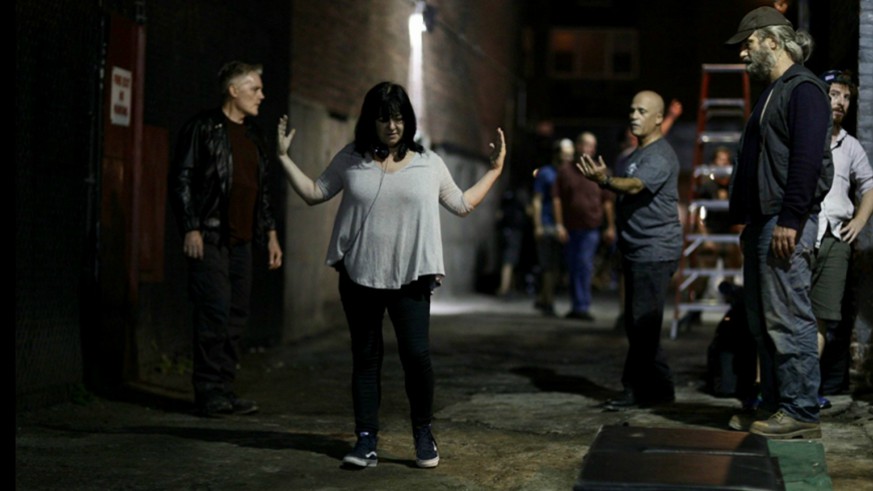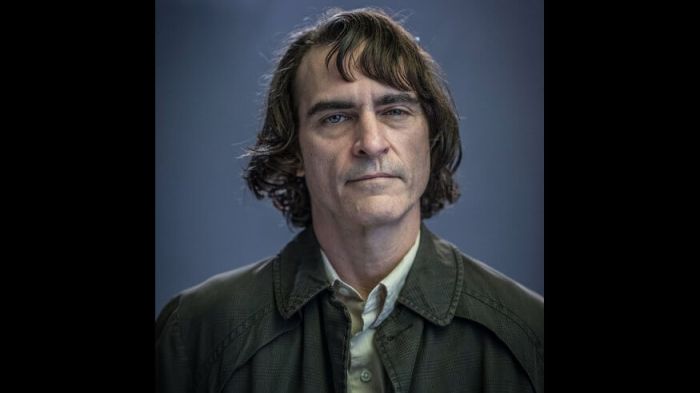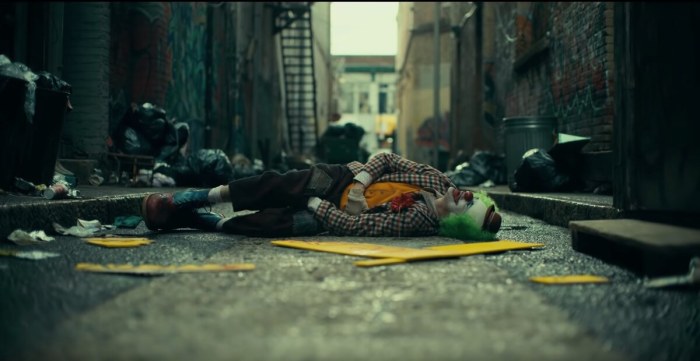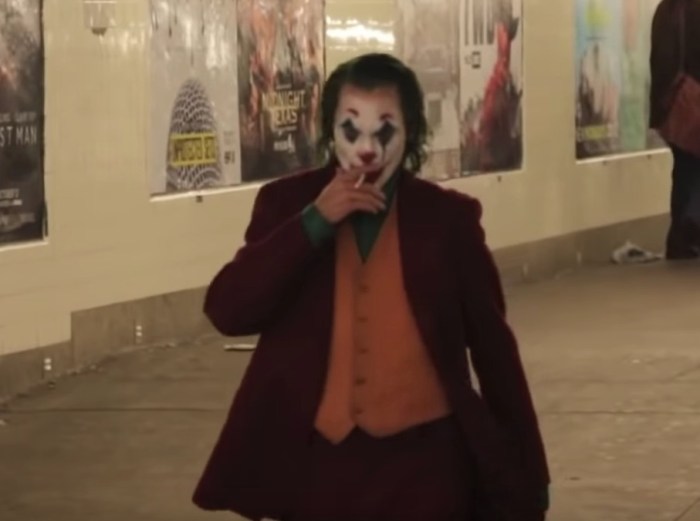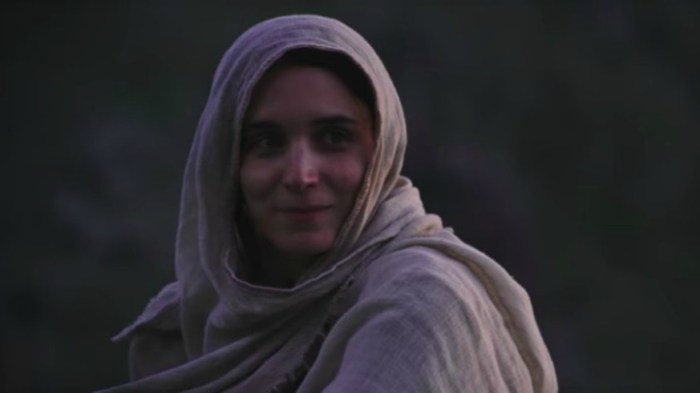Even though we are only three months into 2018, the critical acclaim for You Were Never Really Here suggests that, come the end of December, it will undoubtedly be regarded as one of the best films of the year.
That’s hardly surprising when you take into account it brought together Joaquin Phoenix, who is one of the greatest actors in cinema, with the equally acclaimed writer and director Lynne Ramsay.
Last week I had the chance to talk to both Phoenix and Ramsay about “You Were Never Really Here,” where it became immediately apparent that the pair absolutely adored collaborating with each other.
But that wasn’t because production was safe and by the book. In fact, it was the complete opposite, as Phoenix and Ramsay called the shoot “purely terrifying,” but insisted that by forcing themselves into “uncomfortable situations” they generated the necessary energy to create a movie miracle.
Talk about the creative energy on set, it seems as though it was unique.
Joaquin Phoenix: Absolutely. That seems like the most important part of making a movie is creating the energy. Or reacting to the energy. Some of it you make an effort to try and create. We were actively trying to force ourselves into uncomfortable situations. And the reality was like we were shooting in a stairwell and there is no space to get by and everything just felt squeezed. Then you just look back and go, ‘Thank God that wasn’t on a stage where we had a load of room. Or that it wasn’t 100 degrees.’ Because to me you are just reacting to the environment. For me you only get so far with your ideas and you want things beyond your control.
There had to have been a lot of trust between the two of you to make that work then.
Lynne Ramsay: You have to build a trust. We had never made a film like this before. Never done anything that could be defined as a … I don’t know what the hell this is. Whether it is a genre film, an action film, or anything with guns. It was purely terrifying. Joaquin came really early so it was all just us feeling it out and working together, that’s all of the crew, cherry picking the best ideas, and everything is evolving. It was always changing. I had to cut 20 pages out of the script when I had 29 days to shoot. Because I just didn’t have enough time to shoot it. I didn’t have 4 days to shoot a balletic action sequence. I had a day or half a day. So you have to rethink that. Which sometimes leads to some crazy lightbulb moments. I thought about things in a different way, which came from Joaquin or the environment and I felt we were lucky to be able to react in that way. That was partly because it wasn’t a studio movie.
JP: Part of it was also because I knew my character wasn’t going to take five shots to the head in an action sequence. One kick and he was done. People would have ideas about the stunts, but then we would get in there, touch the stuff, and have the experience and go, ‘Wait a minute. There is an expectation that this is an action sequence.’ That was how it was done. Everyone just had to start moving along. The trust between us, for me, came from the beginning and her willingness to jump in sooner than anticipated because our schedules had opened up. I thought that was incredible. And when Lynne’s back is against the wall she is f***ing incredible. I have never seen anything like it. I loved working that way.
In what way?
JP: We’d have an hour left to shoot and she would question everything. There was one scene where I am walking down the stairs with a gun, and the stairs are very loud, and so I am going, ‘For reality, they are hearing me, right? But if you want to take the sound out in post. I get it. But this still feels ridiculous.’ Because I had these big f***ing boots. I was going to have to do something from a Jackie Chan movie to make it to the bottom of the stairs. I was saying, ‘This feels stupid. I can’t get into this.’ And Lynne just went, ‘Give me the f***ing gun … You’re right this is stupid.’ So she just went, ‘Right, I am cutting this.’ Then explained how she was putting it together. Which made me realize the reality of the situation. Stuff like that made me appreciate it. Because sometimes it is like, ‘You have 7 minutes to get these shots because we spent more time doing that.’ It is rare to have someone who is in the thick of that pressure and can come up with explanations on the fly that make you feel more comfortable and understand where you are.
LR: When you are in that vibe you just trust your instincts. And when you don’t trust your instincts you just make sh**. When you are in that situation where you have a gun to your head it can be the most exciting time.
JP: That’s why we very rarely did blocking rehearsal. Even then though the crew were able to identify where the character was going. Everybody on set was on edge, trying to guess where I was going, and there was this collective energy about trying to nab this thing. And everybody was feeding off each other. Everyone was eager. No-one was counting down to lunch.
“You Were Never Really Here” is now in cinemas in New York and Los Angeles, while it will be released across the country on April 20.

